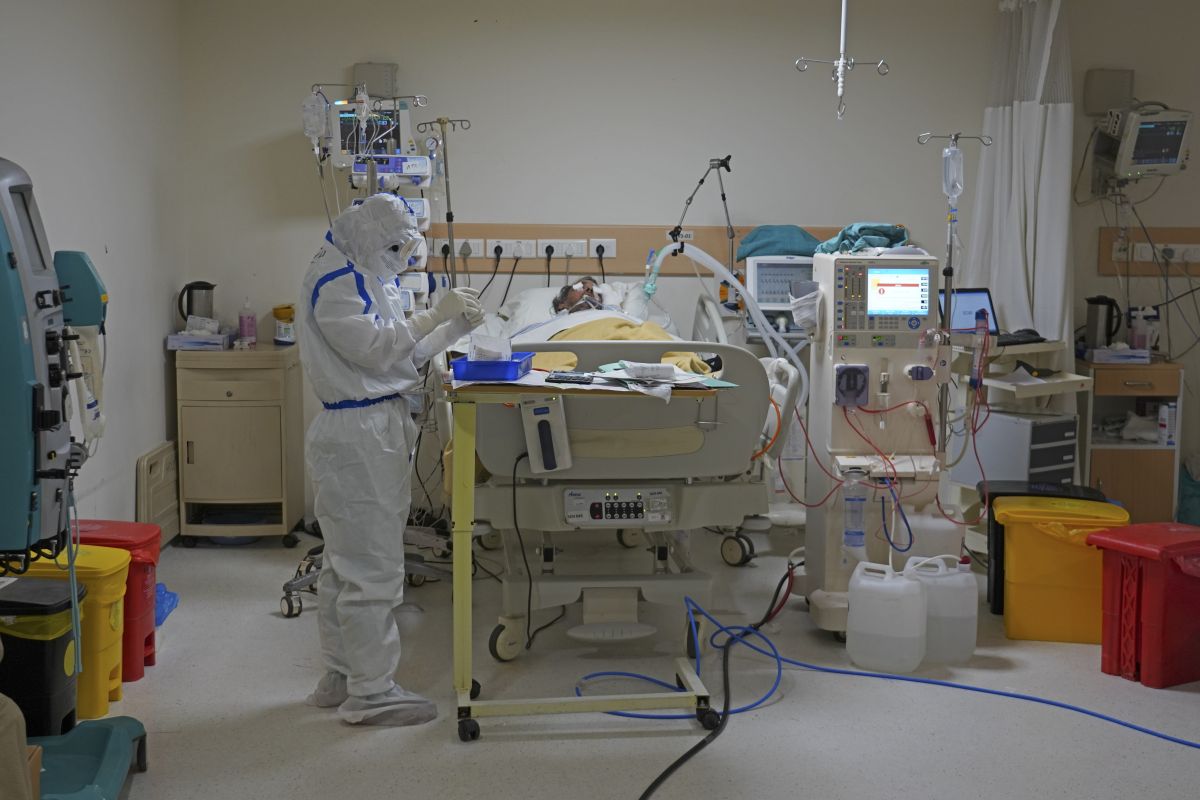The findings of a parliamentary panel that concluded private hospitals charged exorbitant sums of money from those afflicted by novel coronavirus only confirms what has been widely reported across the country in the past few months. The panel, which submitted its report to the Rajya Sabha chairman, Vice-President M Venkaiah Naidu, has sought a sustainable pricing model for private hospitals to ensure that patients are not taken to the cleaners.
This is easier said than done, and efforts to rein in the greed of hospitals made by some governments when the first reports emerged as early as May or June, came to naught essentially because specialists at these hospitals, many of whom are stakeholders in the institutions, had managed to inveigle themselves into the expert’s chair in television studios and successfully pulled the cloak of corona-warriors over a multitude of sins.
Advertisement
It is no one’s case that a private hospital is not entitled to fair compensation for the services it offers, or that its staff ~ doctors, nurses and paramedical staff ~ do not deserve to be rewarded for the hazards they undertake in the service of patients. Equally, it is no one’s case that the management of virus did not entail some additional costs in terms of personal protective equipment.
But reports of several lakh rupees being charged – in many cases on admission of patients – at private hospitals confirms the need for what the panel has termed a sustainable pricing model. It is for the Union Health ministry to prepare such a model, and for administrations across the country to ensure it is enforced.
But the larger malaise remains, as admitted by the panel, inadequate funding of health by the government. Against the National Health Policy target of spending up to 2.5 per cent of GDP on healthcare by 2025, actual expenditure has hovered at about half that sum, or perhaps even less.
Successive finance ministers have failed to provide enough, and to expect the current one to remedy the situation in the next budgetary essay will be unrealistic, given that resources have been severely strained by the epidemic. But it is not just a matter of providing funds. For even if the government finds it within its ability to start funding public health facilities at levels that are warranted, it will face an uphill battle in convincing ailing citizens to put their trust in them.
The fact is that years of neglect of this vital sector have so reduced public hospitals in public esteem that they are used only when there is no other option. For instance, even in Delhi which is facing severe pressure on healthcare facilities following a renewed wave of Covid cases, the demand is most acute in private hospitals.
This must be seen in context of the fact that Delhi’s public hospitals, even in their denuded state, are a far sight better than government-run medical establishments elsewhere.
Doubtless, this panel report will meet the fate of other essays that have pointed to glaring anomalies in our institutions. Except here, we will pay with our lives.
